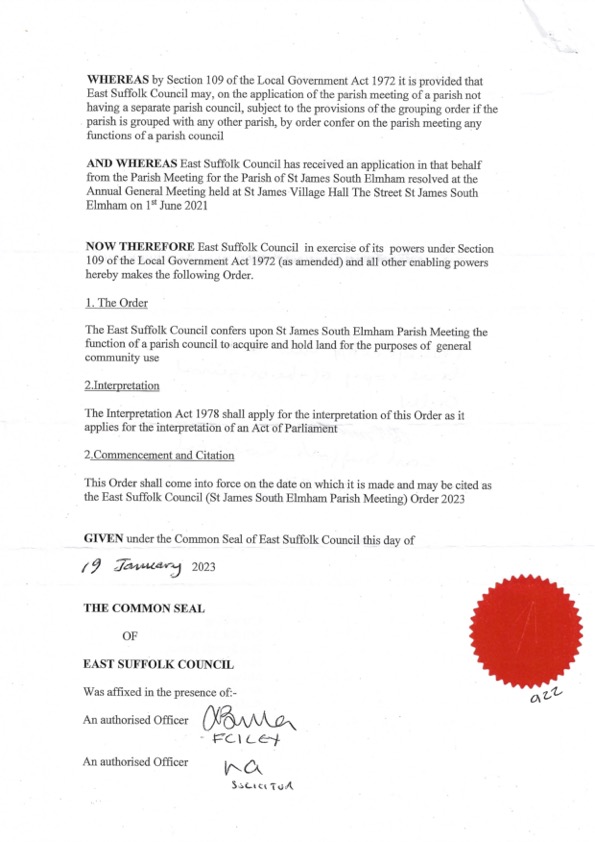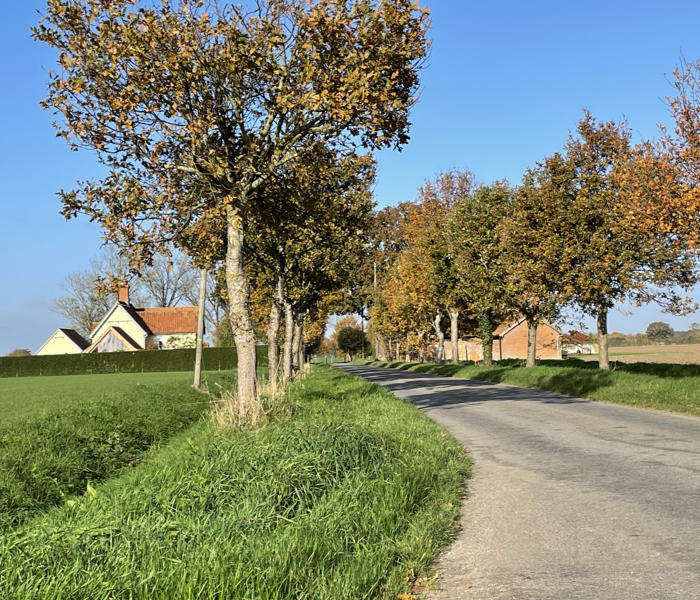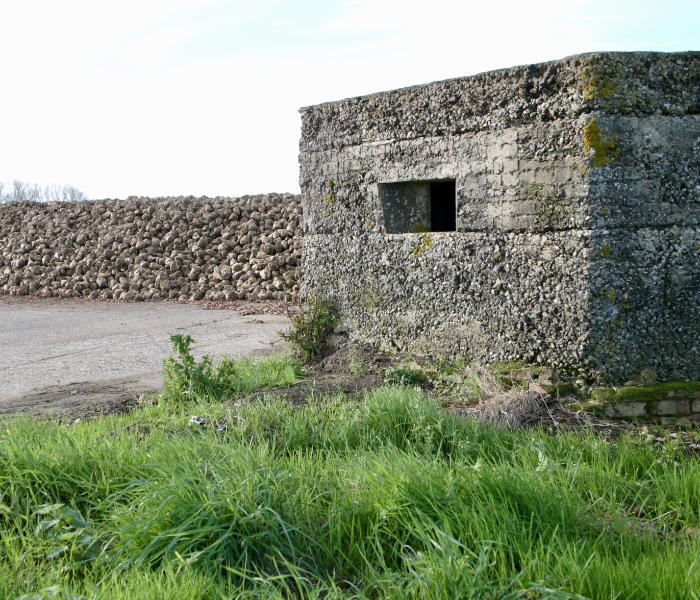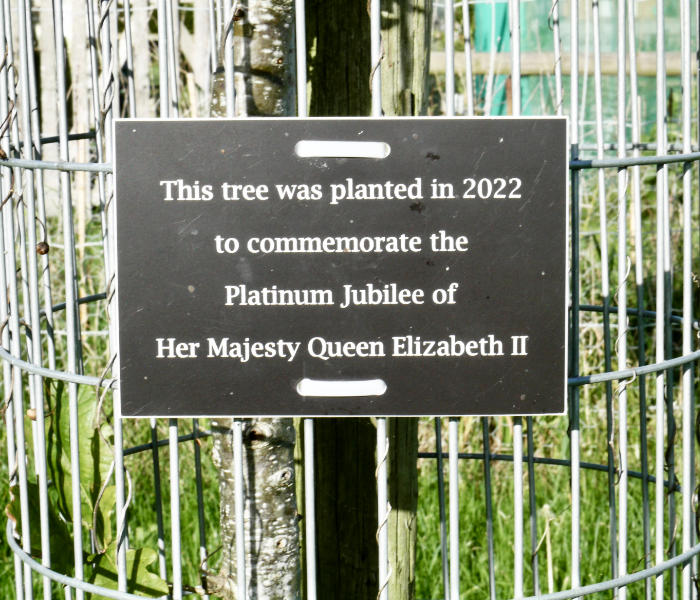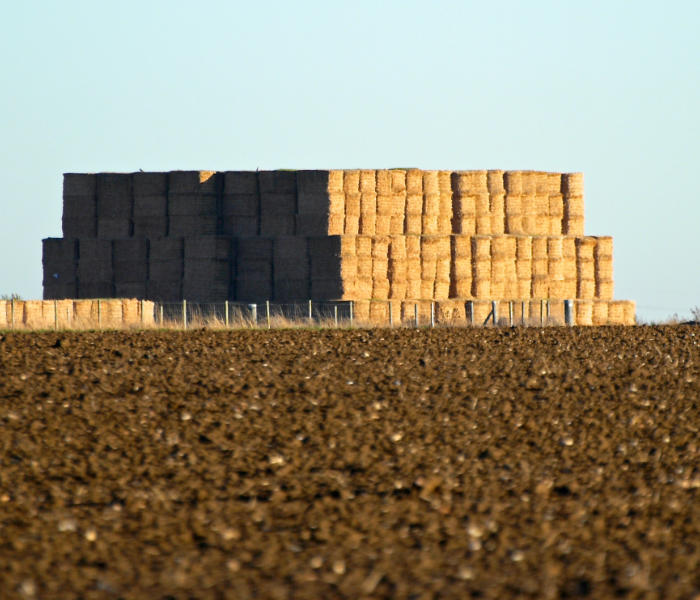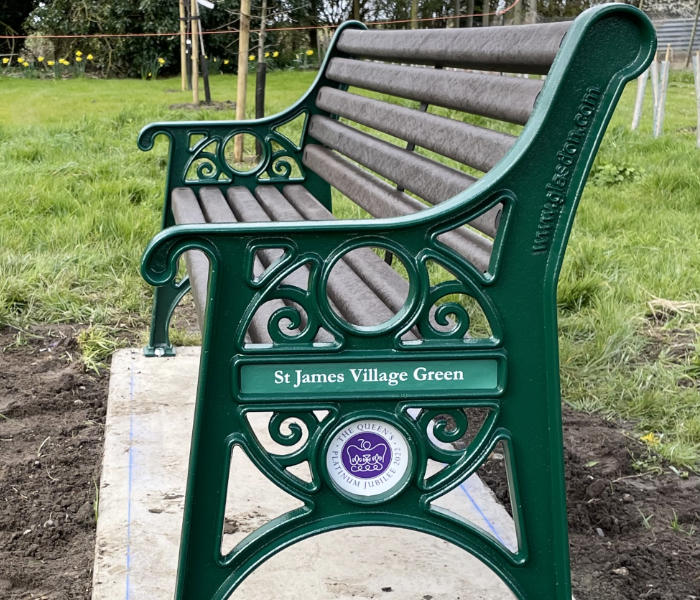Powers & Functions of a Parish Meeting
THE POWERS AND FUNCTIONS OF A PARISH MEETING IN A PARISH WITHOUT A SEPARATE PARISH COUNCIL
Constitution
Parish meetings are an important aspect of local governance in England, providing a platform for local government electors to discuss and influence parish affairs. Governed by the Local Government Act 1972 and the Public Bodies (Admission to Meetings) Act 1960, these meetings are essential for fostering community engagement and ensuring that local issues are addressed democratically.
A parish meeting consists of the local government electors of a parish. Its primary purpose is to discuss parish affairs, which can encompass a wide range of issues specific to the parish. While there is no statutory definition of a “parish affair,” it generally includes any issue, activity, or subject that affects the parish and warrants discussion or action.
Parish meetings (where there is no parish council) must assemble at least twice a year, including an annual assembly between March 1st and June 1st. At the annual assembly, a Chair is elected to preside over meetings until the next annual assembly.
The Chair of the parish meeting and the proper officer of the district council are the body corporate of the parish meeting and are known as the "Parish Trustees" (s.13(3), Local Government Act 1972). The trustees must act in accordance with the directions given by the parish meeting.
Whilst they are not 'local authorities' as defined in the Local Government Act 1972, parish meetings are local government bodies and must comply with relevant legislation such as the Human Right Acts 1998, Equality Act 2010, Freedom of Information Act 2000, and UK GDPR.
Parish meetings can mount legal claims and participate in community governance reviews.
Parish meetings are not local authorities for the purpose of the VAT legislation. They MUST pay VAT on any purchases which attract it, and cannot claim a refund.
Chair
The Chair is elected at the annual assembly to be held between March 1 and June 1. The Chair will continue in office until their successor is elected at the following annual assembly.
The Chair, if present, must preside at an assembly of the parish meeting. If absent, the parish meeting may appoint a person to take the chair and that person shall, for the purposes of that assembly, have the powers and authority of the elected Chair.
If the Chair resigns from office, a casual vacancy will arise and shall be filled by the election of a successor at an assembly of the parish meeting convened for that purpose.
Meetings
Parish meetings are an important aspect of local governance in England, providing a platform for local government electors to discuss and influence parish affairs. Governed by the Local Government Act 1972 and the Public Bodies (Admission to Meetings) Act 1960, these meetings are essential for fostering community engagement and ensuring that local issues are addressed democratically.
A parish meeting consists of the local government electors of a parish. Its primary purpose is to discuss parish affairs, which can encompass a wide range of issues specific to the parish. While there is no statutory definition of a “parish affair,” it generally includes any issue, activity, or subject that affects the parish and warrants discussion or action.
Subject to statutory requirements, a parish meeting in a parish without a separate council is free to regulate its proceedings and business as it wishes.
1. Parish meetings (assembly) convening, notice, frequency and presidency
An assembly of the parish meeting may be convened by either:
- The Chair or any person representing the parish on the district council
- Any six local government electors in the parish
Public notice of an assembly must be given at least 7 clear days beforehand and must:
- specify the time and place of the intended assembly
- specify the business to be transacted
- be signed by the person(s) convening the assembly
Notice is to be given by either posting a notice in some conspicuous place(s) in the parish, or in any such manner as decided by the person(s) convening the assembly. Where an assembly is convened to discuss any of the below specific issues, public notice of it must be given at least 14 clear days beforehand:
- the establishment or dissolution of a parish council
- the grouping of the parish with another parish or parishes under a common parish council
The parish meeting must assemble at least twice a year, including an annual assembly between March 1st and June 1st.
An assembly of a parish meeting shall not commence earlier than 6pm and may not be held on premises which are used for the supply of alcohol unless no other room is available free or at a reasonable cost.
The Chair, if present, shall preside. In their absence, the parish meeting may appoint a person to take the chair, and that person shall have, for the purpose of that meeting, the powers and authority of the Chair.
2 Rights of the public (and the press)
Parish meetings are to be opened to the public (s.1(1) of 1960 Act), however, the public may be excluded for the whole or part(s) of the assembly. Because of the confidential nature of the business to be transacted, it may be deemed not in the public interest to attend. Exclusion of the public (and the press) has to be decided by a resolution of the parish meeting.
The press, upon payment, are entitled to copies of the agenda and supporting papers.
Unless, the public has been excluded, anyone who attends an assembly can report on its proceedings. (s.1(1) of 1960 Act). Reporting is understood as:
- filming, photographing or making an audio recording (e.g. using a mobile phone or tablet, tv broadcast, radio broadcast)
- using any other means to allow people not present to see or hear proceedings (e.g. live streaming)
- written reporting or commentary (e.g. blogging, social media posts,...) on the proceedings during or after an assembly
- oral reporting or commentary after an assembly.
The Department for Communities and Local Government (DCLG) has published a guide for the public which confirms a person's rights to report on the proceedings as well as the limitations of these rights. Open and accountable local government: plain English guide
The recording of an assembly could be mentioned in the published notices and agendas in advance of the meeting, and the person presiding at the assembly could remind those present that the proceedings could be recorded and the restrictions applying to protected individuals.
All reporting of an assembly needs to comply with the Data Protection Act 1998.
3. Voting and Polls
Only local government electors can vote at parish meetings. Decisions are made by majority vote, with the presiding person having a casting vote in case of a tie. The decision of the person presiding as to the result of voting shall be final unless a poll is demanded.
A poll may be demanded before the conclusion of an assembly on any question arising during proceedings. However, no poll should be taken unless either the person presiding consents or the poll is demanded by not less than 10, or one third of the local government electors present, whichever is less.
A poll subsequent to an assembly shall be a poll of those entitled to attend the meeting as local government electors, and shall be taken by ballot (Parish and Community Meetings (Polls) Rules 1987 as amended). The procedure is similar to that of electing a local councillor.
The statutory obligations that relate to the registration and disclosure of financial interests (Localism Act 2011), DO NOT apply to parish meetings.
4. Minutes
The minutes of an assembly must be signed at the same or next assembly by the person presiding. The minutes are a legal record of what has taken place and they must be kept in a book provided for this purpose.
Powers
Parish meetings play a crucial role in the governance of local communities, especially in parishes that do not have a separate parish council. These meetings provide a platform for local government electors to discuss parish affairs and exercise statutory functions. They have a limited number of statutory functions, powers and rights of notification and consultation which include:
- Allotments: parish meetings can hold and administer allotments for cultivation. (S.33(3), Small Holdings and Allotment Act 1908)
- Burials and Cemeteries: parish meetings act as burial authorities, providing and maintaining burial grounds and may contribute to the costs of burial facilities. (schedule 26, Para.1(c), Local Government Act 1972)
- Charities: parish meeting can appoint trustees to parochial charities. (s.299, Charities Act 2011)
- Land and Property: parish meetings may be registered as the owner of land (e.g. common land) if ownership was inherited from the appropriate pre- 1894 authority. (s.67, Local Government Act 1894). They may acquire land for allotments or burial purposes with the Secretary of State’s approval. (s.126, Local government Act 1972)
- Lighting: Parish meetings have the power to light roads and public places within the parish.(s.3, Parish Council Act 1957)
- Rights of Way: Parish meetings are notified of proposals affecting highways and public paths and can apply to modify the definitive map of public rights of way. (see s.47(4), Highways Act 1980 and s.53(5), and schedule 14 Wildlife and Countryside Act 1981)
- Village Greens: Parish meetings can prosecute individuals who damage or encroach upon village greens with the effect of interfering with the green as a place for recreation.
- War Memorials: Parish meetings can maintain, repair, or protect war memorials. (ss. 1 & 4, War Memorials (Local Authorities Powers) Act 1923
Parish meetings can precept the billing authority (i.e. District council) for necessary expenditures and are responsible for their accounts which are subject to audit.
Under s.109, Local Government Act 1972, a parish meeting may apply to the district council for additional typical functions of a parish council. The district council may, by Order, subject (where the parish is grouped with another parish) to the provisions of the grouping Order confer such additional functions.
Finance
A parish meeting may precept the billing authority (i.e. a district or unitary council) for the expenditure incurred in the performance of its functions. The Chair is responsible for the issue of the precept to the billing authority (s.39(2) Local Government Finance Act 1992).
The accounts of a parish meeting are subject to audit in the same way as those of a parish council (s.2 Audit Commission Act 1998 and schedule 2, para (1)(c)). The Chair is responsible for the accounts and financial management as prescribed in s.150(6) and the Accounts and Audit (England) Regulations 2011/817.
Note: The material above has been produced by the Suffolk Association of Local Councils (SALC) of which St James Parish Meeting is a member. We gratefully acknowledge their permission for us to use it and to reproduce it here. The information and commentary in the note above do not constitute legal advice for any individual case or matter. For specific advice on your issue or circumstances, we strongly encourage you to seek professional legal advice.
Powers and functions of a Parish Meeting in a parish without a separate parish council
Extensions to St James Parish Meeting Powers (1)
In December 2002, the then District Council, Waveney District Council, with the agreement of the Deputy Prime Minister’s Office, extended the general powers and functions listed above as follows:
WAVENEY DISTRICT COUNCIL HEREBY confers the following powers and associated fundraising power on ST JAMES SOUTH ELMHAM PARISH MEETING:
- Parish meeting expenses
- Auditing costs
- Insurance
- Training courses for committee members
- The Parish Church burials
- The Community Hall
- The Community Bus
- The Community News
- Village signs and seat maintenance
- Ability to receive and spend monies from grant-making bodies
- Maintenance of trees, woods, hedges, footpaths etc.
- Publicity, advertising, history
- One-off events to mark national or local celebrations
- One-off donations to permitted organisations
- Subscriptions to Suffolk Acre and SALC
Extensions to St James Parish Meeting Powers (2)
On 19 January 2023, EAST SUFFOLK COUNCIL made an order conferring on ST JAMES SOUTH ELMHAM PARISH MEETING the function of a parish council to acquire and hold land for the purpose of general community use:
